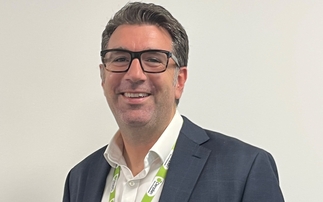As the NHS undergoes huge upheaval and with challenging demographics,future universal access to healthcare looks uncertain. Paul Shires examines the role of cashplans in maintaining healthcare provision.
Introducing company-wide health and wellbeing strategies as part of the business plan – that manage healthcare and encourage preventative check-ups and treatment – will become the norm rather than a luxury.
We are already seeing demand from the next generation of workers for employee benefits, with a recent survey finding that graduates prioritise benefits along with salary when looking for their first full-time job. And, with another survey carried out at the end of 2012, the role providers have to play will be increasingly vital.
corporate boom
There is no denying that in recent years the cashplan sector has experienced a boom in corporate plans, as both intermediaries and employers see the benefits of cash-plans, and providers respond to NHS changes with more ground-breaking services and benefits.
According to the latest Health Cover UK Market Report from Laing and Buisson, the market size of corporate paid cashplans grew by 13.5% in 2011, confirming that demand from employers for health cash plans retains strong scope for growth. And with some products now filling the niche between PMI and cashplans to offer more comprehensive cover for employees, the future certainly looks bright for the sector.
So the question is where do we go from here? And what lies ahead when it comes to managing the nation’s health?
The role of technology in everyday healthcare is almost certainly going to become more prevalent. Already, more than half of the UK’s population has a smartphone, meaning that the majority of people are becoming accustomed to accessing information and services digitally, on the go.
In response to this upwards trend, some have enhanced products with phone services to include webcam consultations with GPs, meaning that employees can speak to a doctor without leaving the office or their home. We expect more similar services to be introduced in the future.
Also, following the government’s move towards offering tax incentives for employers who introduce health-related interventions, we can expect to see more of a focus on preventative and risk-assessment-style health benefits, to try to reduce the risk of staff developing conditions that may lead to long-term sickness absence in future.
Cashplans are set to become increasingly valuable, not just as part of employers’ business plans and intermediary kit bags, but to the nation’s health infrastructure as a whole.
As a sector, we’re already delivering some truly exciting benefits for policyholders, but we cannot rest on our laurels.
The NHS is under pressure, and with such serious health problems looming on the horizon, the sector needs to step into the spotlight and play the crucial role it should in supporting the nation’s healthcare.
Paul Shires is an executive director at Westfield Health











